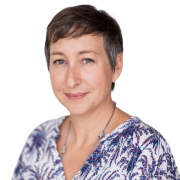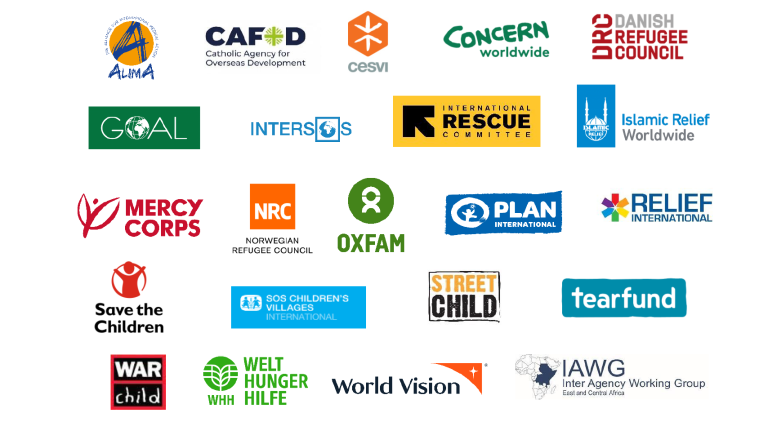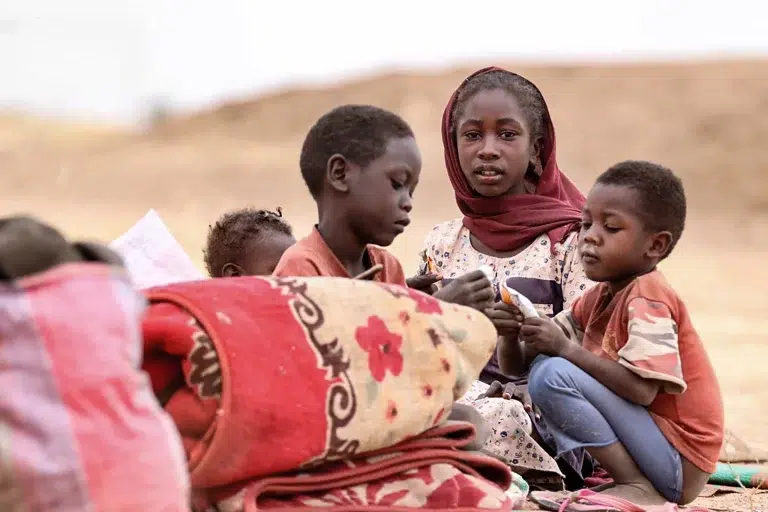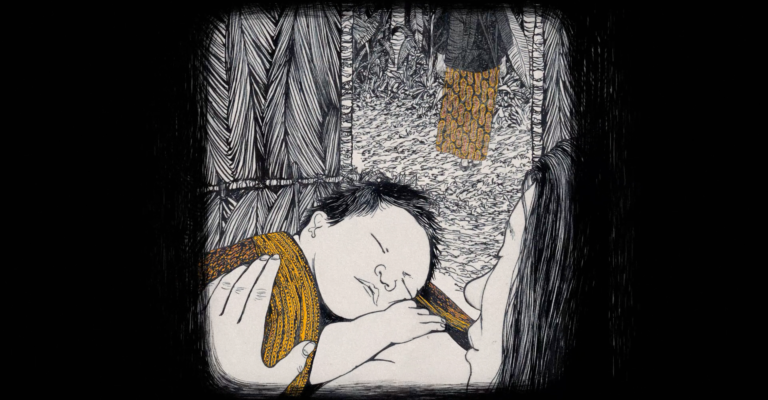ALIMA (The Alliance for International Medical Action) and its partners were the first to prove through research, in 2011 in Niger’s Mirriah region, that mothers could successfully be taught to screen their children for malnutrition using the MUAC tape. Throughout much of the Sahel, children are screened, at best once a month, when a community health worker comes to their home. Often, by the time a child is diagnosed with malnutrition, they are in the advanced stages of the disease, putting them at an increased risk of complications and hospitalization. This recommendation could be the first step in changing national protocols everywhere, as part of the fight against malnutrition.
“The reason ECHO decided to support the MUAC for Mothers strategy is quite simple,” said Patricia Hoorelbeke, ECHO’s Regional Nutrition Expert for West Africa. “It is a simple, low-cost and powerful methodology that will help to scale up early detection of malnourished children…and also one that empowers women – especially mothers – and makes it easier for them to take charge of their child’s health.”
Like a thermometer, the MUAC tape is a simple tool that allows mothers and other caregivers to know when they should seek medical care for their children.
“Mothers are the best children caretakers and the more involved people who are trained to use the MUAC, the more children we will be able to identify, early on, as malnourished, which will save resources and reduce a lot of suffering among children,” Hoorelbeke said. “We encourage all our partners to promote the MUAC for Mothers strategy.”
Since the introduction of MUAC for Mothers, ALIMA and its partners have trained more than half a million mothers to use the life-saving tape throughout West and Central Africa. The approach has also been adopted by various other NGOs around the globe and recently included in Niger’s health protocol in the Maradi region.
“Not only is training mothers to use the MUAC more cost effective than other methods, but it is saving lives. Since its introduction here in Niger, we have seen a reduction of cases with complications, a quicker recovery time, and an increase in the number of children who are screened for malnutrition,” said Doctor Atté Sanoussi, head of the Treatment Division of Niger’s National Directorate for Nutrition. “We hope to introduce MUAC for Mothers in all our regions.”
In 2018, ALIMA and its partners plan to train an additional 1.7 million mothers to screen their children for malnutrition across 10 African countries and continue to encourage others to implement MUAC Mothers as part of other health and nutrition activities.
“The ultimate aim is to have governments and aid organizations adopt the MUAC for Mothers strategy, and for the MUAC tape to become a household staple – much like a thermometer – so that mothers can screen their own children wherever malnutrition is an acute or chronic humanitarian crisis,” said Kevin Phelan, ALIMA’s nutrition specialist.
The Alliance for International Medical Action (ALIMA) is a medical humanitarian organization that works hand-in-hand with a network of local organizations to provide quality medical care to the most vulnerable populations in emergency situations and recurrent crises. Based in Dakar, Senegal, ALIMA has treated over 2 million patients in 12 countries since its creation in 2009, and launched more than a dozen research projects focused on malnutrition, malaria and Ebola.
Since 2012, ALIMA and its partners have trained more than half a million mothers and other caregivers throughout West and Central Africa to use the MUAC tape. In 2017, our teams treated 100,000 children under the age of 5 for severe acute malnutrition, including some 17,500 that required hospital care.
Photo: Adrienne Surprenant / ALIMA






